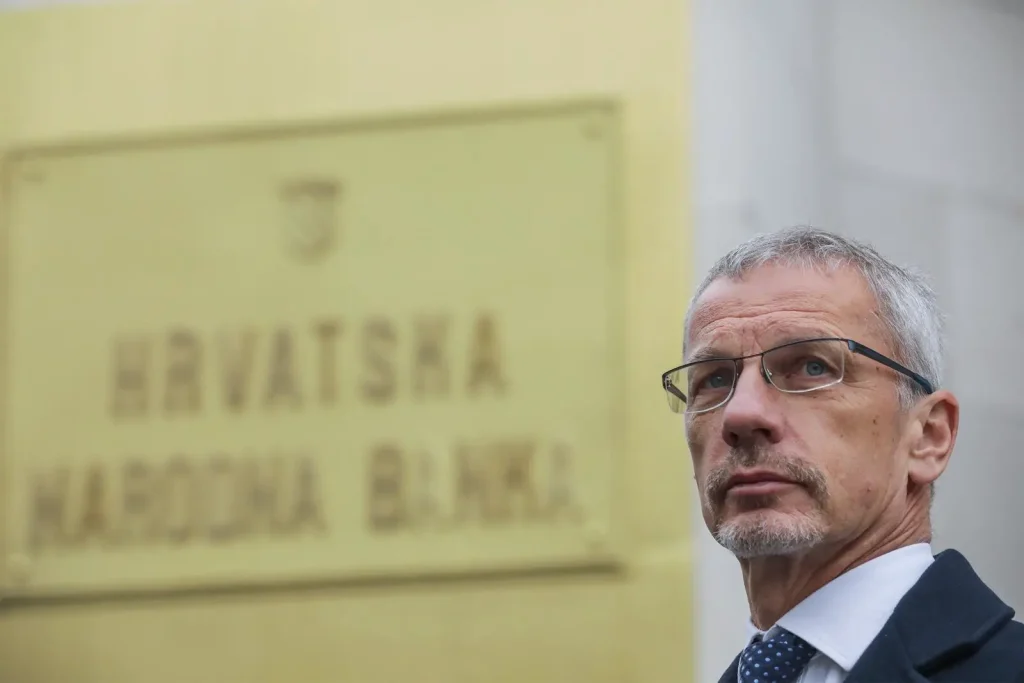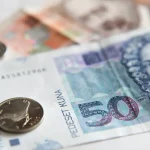Inflationary pressure has been growing by the month, notably food prices, and the world, including Croatia, is faced with the first major wave of inflationary pressure after many years, Vujčić said.
“The invasion of Ukraine and sanctions against Russia have worsened global expectations of growth and inflation,” he said, noting, however, that price growth had been recorded also before the war in Ukraine.
The upward revision of inflation projections is largely due to higher prices of oil and raw materials, which is why inflationary pressure continues to be strong, he said.
In April, the HNB revised this year’s average inflation rate forecast to 5.2% after 2.6% in 2021.
Vujčić believes that Croatia’s GDP growth rate this year will exceed the 2.7% forecast by the IMF. He also expects GDP growth to be strong in the second quarter of this year as well.
Most central banks in the countries outside the euro area started tightening their monetary policies already in 2021, but the HNB did not do it because Croatia is on the road to euro area membership, he said.
“The price of borrowing for Croatia has grown much less than in the countries that are not in the euro area,” Vujčić said, adding that the spillover effect of the stricter conditions of financing on market interest rates was particularly evident in Hungary and Poland.
Prices of commodity imports are growing faster than prices of commodity exports and trade conditions have been deteriorating, which increases the foreign trade deficit, he said.
“Real economic activity in Croatia is nonetheless above the pre-crisis level, with growth concentrated in the services sector,” Vujčić said, noting that positive trends in the national tourism sector could compensate for the negative impact of the more expensive energy products.
Personal consumption is expected to increase in Croatia in the coming period, he said, noting that euro introduction would not lead to significant price increases because the level of prices in Croatia is already relatively high, especially for food and telecommunication services.
Marić: Negative effects of euro introduction largely non-recurring
Finance Minister Zdravko Marić said that the negative effects of euro introduction would be largely non-recurring, adding that in order to avoid most of them, one should communicate the process to citizens as well as possible.
The current inflation has nothing to do with Croatia’s accession to the euro area, Marić said, repeating that the conversion exchange rate would probably be at the level set upon entry to the European Exchange Rate Mechanism II, but that it was possible it could be slightly different.
Marić said that he had talked to representatives of the retail, tobacco, and other sectors with regard to the rounding off of prices due to euro introduction, noting that cigarette prices in the European market had been rounded to the nearest 10 and not the euro cent.
“We will be monitoring the retail sector, notably food prices,” he said, adding that prices in the hospitality sector and tourism would be closely followed as well.
For more, check out our politics section.











